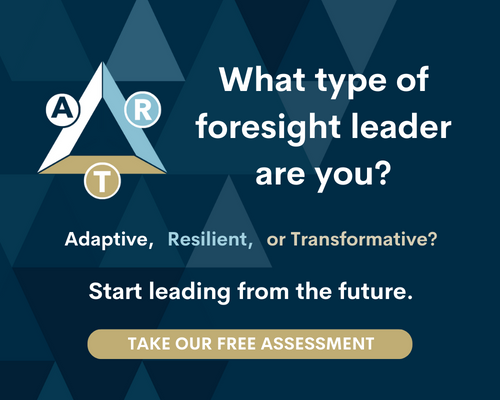It’s Time To Drop The F-Bomb On Culture

We know what you’re probably thinking: “Wow! Quite the title for a post. They went for it,” or “These guys have finally lost it… they’re nuts!”
Well, we might be nuts. But that’s not the point.
The point is that it’s time to f_____ culture.
Of course, we’re not referring to any group’s national or societal culture. Rather, we’re talking about the system of shared values, beliefs and assumptions that governs how people behave within a company. You know, the type of culture that author Adam Grant is referring to when he says, “The culture of a workplace – an organization’s values, norms and practices – has a huge impact on our happiness and success.” We’re talking about the type of culture that Twitter co-founder Biz Stone is referencing when he says, “Positive culture comes from being mindful, and respecting your coworkers, and being empathetic.” It’s the same type of culture that inspired the famous quote, “Culture eats strategy for breakfast.”
Yep, f____ that type of culture.
We know we’re not alone. If truth be told, most businesses, organizations and institutions have felt this way more often than not. They’re sick of hearing leaders, experts and consultants tell them that their company culture drives the success of their vision and mission. Sure, they know it’s true, but creating, nurturing or changing the culture of a company is more difficult than asking Nickelback to make good music or asking David Blaine to become a functioning, productive and non-creepy member of society. (Nickelback or David Blaine fans – we’re just kidding.)
At this point, we know what you are probably thinking again: “But we can’t just throw our hands up and forget about the health of our company’s culture. That’s insane!”
We agree – but there’s a critical part of the “culture change equation” that’s missing. Most companies and individuals are surprised to find out that culture is rooted in something even more foundational: the images we embrace that define the world around us – images that help us make sense of our past, our present and especially our future.
Why such a strong emphasis on our images of the future? Well, it turns out that it’s our prevailing images of the future that define who we are, how we act and what we do. As the famous philosopher Frederik Polak noted in his classic work The Image of the Future, “We have already stated that this work singles out the image of the future because we are convinced it is the time-dimension of the future that acts as a pre-eminently dynamic force in the working of all images.” In other words, the way we think about the future DIRECTLY IMPACTS the actions we take today. But, why?
Humans don’t just want to know where we came from; we want to know where we are going. We want to know that our life has unfolding meaning and purpose. We want to know what’s ahead, and we want to know that we have agency or capacity to exert power over our future. So, the images of the future that we create and cling to are the basis for our plans and actions in the present, whether those plans are conscious or unconscious. Likewise, those images form the very bedrock of our culture – the values, beliefs, norms, assumptions and practices that drive the vision and mission of our businesses and institutions. It could be said that, “Images eat culture for breakfast.”
Now you know why we say “F____ culture.” We know that all parties involved will only be scared, frustrated and angry when faced with the prospect of once again trying to craft the perfect vision statement, brand message or company retreat in an attempt to foster a successful culture. If we want to build a culture that leads to ongoing success, we need to democratize the future across our organizations. If we build a robust, adaptive, resilient and transformative futures thinking mindset in every single leader and employee, we are in effect empowering them to own their career development, cultivate a spirit of innovation within their field or function and manifest a collective aspirational image of the future. As a result, a healthy culture will follow. This is true for individual companies, educational institutions, governments and societies.
With that thought in mind, maybe we weren’t dropping the proverbial “F-Bomb” after all, but rather stating the importance of designing a Foresight Culture as a means to greater success. More and more organizations are realizing the importance of utilizing the tools and mindset of foresight and futures thinking, but we are only scratching the surface. C’mon… join us in our quest to “F____ Culture.”

Yvette Montero Salvatico
Co-Founder
Managing Director
Holding a bachelor’s degree in Finance and an MBA from the University of Florida, Yvette has over 15 years of corporate experience with large, multi-national firms such as Kimberly-Clark and The Walt Disney Company. Before co-founding TFSX, she led the effort to establish the Future Workforce Insights division at the Walt Disney Company, identifying future workforce trends and leveraging foresight models and techniques to assess potential threats and impacts, emerging ideas, and exciting opportunities for the organization.
Read More
